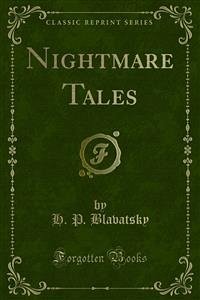The story revolves around the conflict between a gentleman's obligation to defend the honor of a lady, and his responsibility to his own feelings, family, and freedom. The story is told by the secretary (Aynesworth) of Sir Wingreave Seton who is imprisoned for manslaughter, because he will not reveal the true role of Lady Ruth in a case of manslaughter. When Wingreave is released from prison,his emotions have been crushed by his cruel punishment. He becomes misanthropic, seeking only revenge. He wishes to be a malefactor, doing only evil. His class, upbringing, and social ties all mitigate his evil.
Some excellent female characters form the nucleus of the drama. Lady Ruth, the Marchioness of Westchester, and the young painter Juliet who is a ward of his estate.
Some excellent female characters form the nucleus of the drama. Lady Ruth, the Marchioness of Westchester, and the young painter Juliet who is a ward of his estate.









